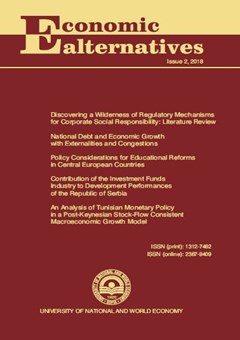Rural Technology Park – A New Inclusive Rural Development Concept for the Reduction of Poverty in Rural Afghanistan
Authors: Sayed Nasrat, S Fakhrudin Sadat, Hidayatullah Sapi
Abstract
This paper explores the Rural Technology Park (RTP) as a new inclusive rural development concept for the reduction of poverty in rural Afghanistan. The analysis of this paper is based on literature review, interviews, focus group discussions and field observations. The primary data were collected between 2010 and mid-2017 from 9 out of 34 provinces in Afghanistan. Despite the efforts of the donor community and the Government of Afghanistan, rural poverty is on the rise in the country. Afghanistan is an agrarian country and most rural people have access to varying resources in their locality. However, they do not have adequate knowledge, skills, appropriate and affordable rural technologies, access to finance and markets to better use the available resources. Therefore, in 2009 the concept of the RTP was launched by the Ministry of Rural Rehabilitation and Development (MRRD) to contribute to poverty reduction. The RTP works in the sectors of Small and Medium Enterprises (SMEs) development, renewable energy, water supply and sanitation, and rural housing. Yet rigorous, substantial and timely support has not been given to the RTP by the MRRD and its key stakeholders. This paper finds that the RTP as a multi-functional concept is crucial in contributing to poverty reduction in rural Afghanistan. It equips poor rural people to come out of poverty and have endogenous development, social capital, and Community-Based Enterprise (CBE) development elements as its key features.

